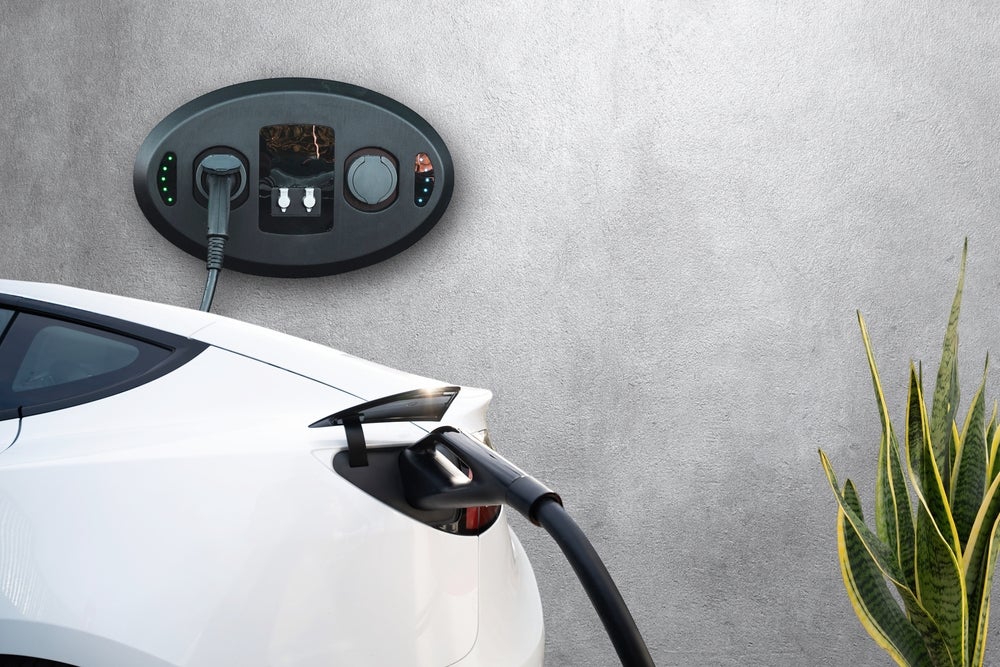
Urgent action is needed to reduce a widening gender gap in the electric car market as we approach the Government deadline for the ban on selling new petrol and diesel engines in 2030, claims Auto Trader.
Auto Trader released their ‘No driver left behind: women and the journey to electric’ report revealing that women are buying fewer electric vehicles (EVs) than men due to mistargeted marketing, despite 48% of driving licences being held by women.
The majority of EV marketing is currently focused on technology, despite just 12% of women saying that they prioritise this when buying a car. Instead, Auto Trader says the focus should be on safety – 65% of female drivers think safety is most important to their purchase.
Discussing her electric concerns, Kirsten Snelling, 34, from Falconwood, said: “I know charging at home is easy but if anything goes wrong there could be big consequences, especially when travelling with kids.
“It already feels like, more often than not, it’s the woman of the household that carries the mental load for the family, and this is just another thing to remember that I know will fall to me.”
This lack of marketing has led to women feeling misinformed about the practicalities of purchasing an EV. For example, research shared within the report showed that a quarter of women (25%) thought that electric vehicles were more expensive to run than petrol or diesel cars. Yet, as of April 2023, electric vehicles were on average £86 cheaper per 1,000 miles to run than petrol or diesel cars.
How well do you really know your competitors?
Access the most comprehensive Company Profiles on the market, powered by GlobalData. Save hours of research. Gain competitive edge.

Thank you!
Your download email will arrive shortly
Not ready to buy yet? Download a free sample
We are confident about the unique quality of our Company Profiles. However, we want you to make the most beneficial decision for your business, so we offer a free sample that you can download by submitting the below form
By GlobalDataThis is just one area where the report highlights that a lack of targeted information has resulted in a prospective disinterest in EVs for women.
The report also identifies that women report higher knowledge gaps around EVs with three of the most prevalent knowledge gaps highlighted as how they drive, how long they take to charge and their eco credentials.
The report highlights a need for more EV promotion on social media and via friends and family to reach women. The Digital Marketing Institute found that 86% of women use social media for purchasing advice, yet the majority of EV promotion is currently in car magazines and newspapers.
Additionally, when asked about where they do their car research, women (41%) were far more likely to select family/friend recommendations than men (29%).
Auto Trader is calling for a tailored approach, so women are targeted where they’re already shopping and alleviate their perceived fears about EVs. This includes focusing on showcasing EVs in a variety of spaces, reducing fear and eliminating risk and leveraging social proof.
To counteract this, Auto Trader is pushing for more women to test drive EVs as well as working with Hive from British Gas to provide a simplified home charging solution and educate prospective drivers on the perceived risk of charging issues vs actual.
How retailers, manufacturers, suppliers and the media can engage women with electric cars
- Showcase EVs in a variety of spaces in women’s lifestyle media and online via social media
- Reduce fear and eliminate risk – Auto Trader is calling for a universal system to monitor and compare battery health on individual vehicles which will help buyers make informed decisions on their next purchase.
- Leverage social proof – By comparing attitudes of EV owners and non-EV owners on a range of topics, we can bust common electric myths and uncover some, perhaps unexpected, benefits that will better engage women
- The importance of test drives – the report shows those who did buy electric, specifically talked about test drives as a “eureka” moment when they become “converted to EVs”
- Focus on affordability – in many cases, EVs provide a lower total cost of ownership than traditional cars
Erin Baker, editorial director at Auto Trader, said: “You’d be forgiven for assuming the advent of electric cars (EVs), with their more lifestyle-oriented stories around sustainable materials, enhanced services and carbon footprints, would fundamentally change women’s relationship with cars for the better. And yet, as our new data shows, the gender gap is widening.
“Addressing the issues raised in this report should help a large chunk of UK drivers to feel confident enough to take that leap. Without action, adoption will falter. And more and more drivers will get left behind. Faltering adoption is not good for the UK automotive industry but it’s also not good for the environment, public health or social equality.”
Kim Royds, EV director at British Gas commented on the report: “It’s clear charging concerns are pervasive for all drivers when considering EV ownership, but this research has uncovered concrete areas where women experience these barriers in specific ways.”
“At-home chargers are a vital part of the electrification process and the report highlights the need to educate the public on the cost-savings and simplicity of at-home charging installation in inclusive ways.
“For example, we are sharing our simple three-step process to help break down any complexities or misconceptions. In the coming weeks, we’re also looking forward to launching our latest EV charger, which will help users save money.”
Key barriers to engaging women with EV’s
- Disconnect between women priorities and EV selling points
- Exclusion leading to inaction
- Charging fears which are disproportionately addressed in marketing
Evtec Automotive invests in resin injection moulding machine







